Le Pardon (2020): between revenge and justice | entre la venganza y la justicia

I usually like to vary the style from one film to the next, as well as its provenance. Not for any particular reason, I think it's just the desire to see different things every time (unless I'm watching a saga or previous versions of the same movie); However, sometimes things like this can happen, that even though I recently saw an Iranian movie (Close-Up) I saw another one from the same country just a few days later without planning it.
Normalmente me gusta variar el estilo de una película a la siguiente, al igual que su procedencia. No por una razón en particular, creo que son sólo las ganas de ver cosas diferentes cada vez (a menos que esté viendo alguna saga o las versiones anteriores de una misma película); sin embargo, algunas veces puede que sucedan cosas como esta, que a pesar de que hace poco vi una película iraní (Close-Up) vi otra del mismo país apenas unos días después sin planificarlo.
Checking my to-watch on MUBI I found this film that I had added to my list several months ago. It is a 2020 drama originally called Ghasideyeh gave sefidaka and whose titles in French and English are respectively Le Pardon and Ballad of a White Cow. Since the production was joint between France and Iran and due to the phonetic similarity of its French title with its Spanish version (El Perdón), that is why I have used that title for the post. Scripted by Mehrdad Kouroshniya, Maryam Moghadam and Behtash Sanaeeha; and the direction of this last pair (Maryam Moghadam is also the protagonist of the story) Le Pardon shows us the life of a woman whose husband is tried, sentenced for murder and executed in the first minutes of the film. At first we do not know what she is accused of, we do not see the judicial process, we only see what is necessary to know that the woman has been widowed and now must take care of her deaf daughter on her own. Up to that point it seems like it was a story about grief and how difficult it can be for a woman to get ahead in a patriarchal society without the help of a man, but a few minutes pass until what will be the central drama of Le Pardon is generated: A year later it is discovered that her late husband's death sentence was wrong. That is, her husband was unjustly convicted and executed. He was innocent.
Revisando mis pendientes en MUBI di con este film que tenía agregado a mi lista hacía varios meses. Se trata de un drama de 2020 llamado originalmente Ghasideyeh gave sefidaka y cuyos títulos en inglés y francés son respectivamente Le Pardon y Ballad of a White Cow. Dado que la producción fue conjunta entre Francia e Irán y debido a la semejanza fonética de su título francés con su versión en español, por eso he ocupado ese título para el post. Con guión de Mehrdad Kouroshniya, Maryam Moghadam y Behtash Sanaeeha; y la dirección de este último par (Maryam Moghadam además es la protagonista de la historia) Le Pardon nos muestra la vida de una mujer cuyo marido es juzgado, sentenciado por asesinato y ejecutado en los primeros minutos de la película. Al principio no sabemos de qué se le acusa, no vemos el proceso judicial, tan sólo vemos lo necesario para saber que la mujer ha quedado viuda y ahora debe cuidar por sí sola a su hija sorda. Hasta allí parece que se tratase de una historia sobre el duelo y lo difícil que puede ser para una mujer salir adelante en una sociedad patriarcal sin la ayuda de un hombre, pero pocos minutos pasan hasta que se genera lo que será el drama central de Le Pardon: un año más tarde se descubre que la sentencia de muerte de su difunto esposo fue errónea. Es decir, su esposo fue condenado y ejecutado injustamente. Era inocente.

And what can be done in that case? There have been cases in which an unjustly imprisoned person is released after five, ten or twenty years. Any apology or compensation given will not give that person back the years of life they spent locked up, but it is something. However, in the case of this film, the man cannot be brought back to life, the husband his wife, or the father the girl.
Y, ¿qué se puede hacer en ese caso? Se han visto casos en los que una persona injustamente encarcelada es liberada después de cinco, diez o veinte años. Cualquier disculpa o indemnización que se entregue no le devolverá a esa persona los años de vida que pasó encerrado, pero es algo. Sin embargo, en el caso de esta película no se le puede devolver la vida al hombre, el esposo a su mujer ni el padre a la niña.
The main person affected is the widow and since she is the protagonist of the story, most of the questions revolve around her and her relationship with her husband's family, with his memory and with the judicial system that convicted an innocent man. But secondary characters also appear who are affected by the event. For example, the widow of the man's alleged victim comes to the woman's house to ask for forgiveness. At the time, hurt and sad, she also condemned an innocent man and said hurtful things, that's why she comes to ask forgiveness from the other widow. Will she forgive her? What about the three judges who convicted the man? are they guilty? The witness who lied first and confessed later must be convicted, but wasn't it the judges' job to clarify the truth? How can they feel about having failed in their work? One of those three judges appears repentant in the film to the point of quitting his job, but is that enough? Is it enough to help the widow and the fatherless girl? Is there a way to compensate for the damage? Should the widow forgive them or seek revenge? They are complicated issues to understand and also very painful positions because a year after the death of her husband, when some things were beginning to settle, this new news stirs everything up and the pain - if possible - becomes more painful.
La principal afectada es la viuda y como ella es la protagonista de la historia, la mayoría de las preguntas giran en torno a ella y su relación con la familia de su esposo, con su recuerdo y con el sistema judicial que condenó a un hombre inocente. Pero también aparecen personajes secundarios que están afectados por el hecho. Por ejemplo, la viuda de la supuesta víctima del hombre viene a casa de la mujer a pedir perdón. En su momento, dolida y triste, condenó también a un inocente y dijo cosas hirientes, por eso viene a pedir perdón a la otra viuda ¿le perdonará esta? ¿qué pasa con los tres jueces que condenaron al hombre? ¿son culpables? El testigo que mintió primero y confesó después debe ser condenado, pero ¿no era trabajo de los jueces esclarecer la verdad? ¿qué pueden sentir de haber fallado en su labor? Uno de esos tres jueces aparece arrepentido en la película al punto de renunciar a su trabajo, pero ¿es suficiente con eso? ¿basta con ayudar a la viuda y a la niña huérfana de padre? ¿hay forma de resarcir el daño? ¿la viuda debe perdonarlos o buscar venganza? Son cuestiones complicadas de entender y además posiciones muy dolorosas porque a un año de la muerte de su esposo, cuando algunas cosas comenzaban a asentarse, esta nueva noticia revuelve todo y el dolor - si es posible - se vuelve más agudo.
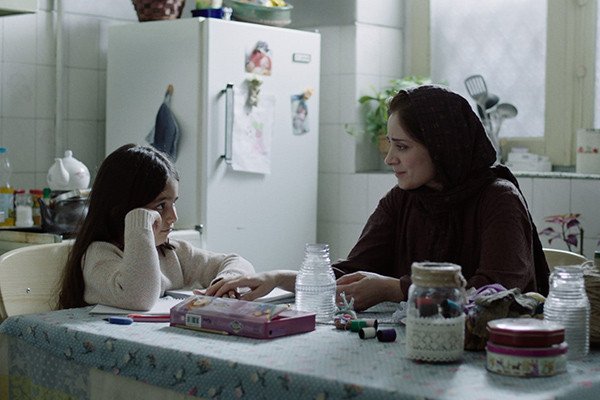
Brave, painful, deep, honest, Maryam Moghadam's performance is wonderful. She is capable of demonstrating desperation, love, tenderness, rage, helplessness, she's capable of containing indescribable pain and of coping with raising her daughter with temperance. The direction is good, the script is wonderful, I really liked the photography, but all of those elements revolve around the performance of this incredible woman who is believable at all times on screen. Le Pardon is a moving, painful and above all reflective film. It makes the viewer ask questions about the meaning of justice, revenge, judicial systems, the death penalty, responsibility and guilt, and of course about forgiveness, both from a religious perspective (whatever the religion of who watches the film) and from the human and social perspective. Like most of the films I've seen coming from that side of the world, Le Pardon has no special effects or a large budget. Rather than impressing our senses, this type of cinema makes us feel from within, it challenges us, it asks us uncomfortable questions, difficult to answer, questions that may not have an answer because the important thing is to ask the question, do any of you know any other movie similar to this? I read you in the comments.
Valiente, dolorosa, profunda, honesta, la actuación de Maryam Moghadam es maravillosa. Es capaz de demostrar desesperación, amor, ternura, rabia, impotencia, es capaz de contener un dolor indescriptible y de sobrellevar la crianza de su hija con templanza. La dirección es buena, el guión es maravilloso, la fotografía me gustó mucho, pero todos esos elementos giran en torno a la actuación de esta increíble mujer que resulta creíble en todo momento en pantalla. Le Pardon es una película conmovedora, dolorosa y sobre todo reflexiva. Hace que el espectador se haga preguntas sobre el sentido de la justicia, la venganza, los sistemas judiciales, la pena de muerte, la responsabilidad y la culpa, y por supuesto sobre el perdón, tanto desde la perspectiva religiosa (sea cual sea la religión de quien ve la cinta) como desde la perspectiva humana y social. Como la mayoría de las películas que he visto provenientes de ese lado del mundo, Le Pardon no tiene efectos especiales ni un presupuesto holgado. Antes que impresionar nuestros sentidos, este tipo de cine nos hace sentir desde adentro, nos interpela, nos hace preguntas incómodas, difíciles de responder, preguntas que quizá no tengan respuesta porque lo importante realmente es plantear la interrogante, ¿alguno de ustedes conoce alguna otra película similar a esta? Los leo en los comentarios.
Reviewed by | Reseñado por @cristiancaicedo
Other posts that may interest you | Otros posts que pueden interesarte:
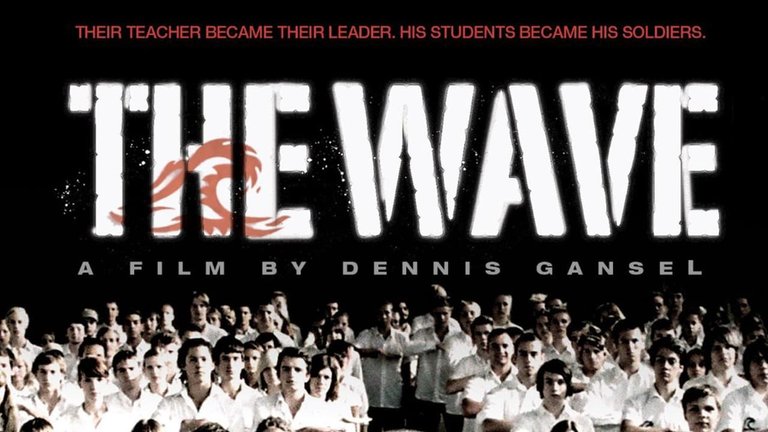 |
|---|
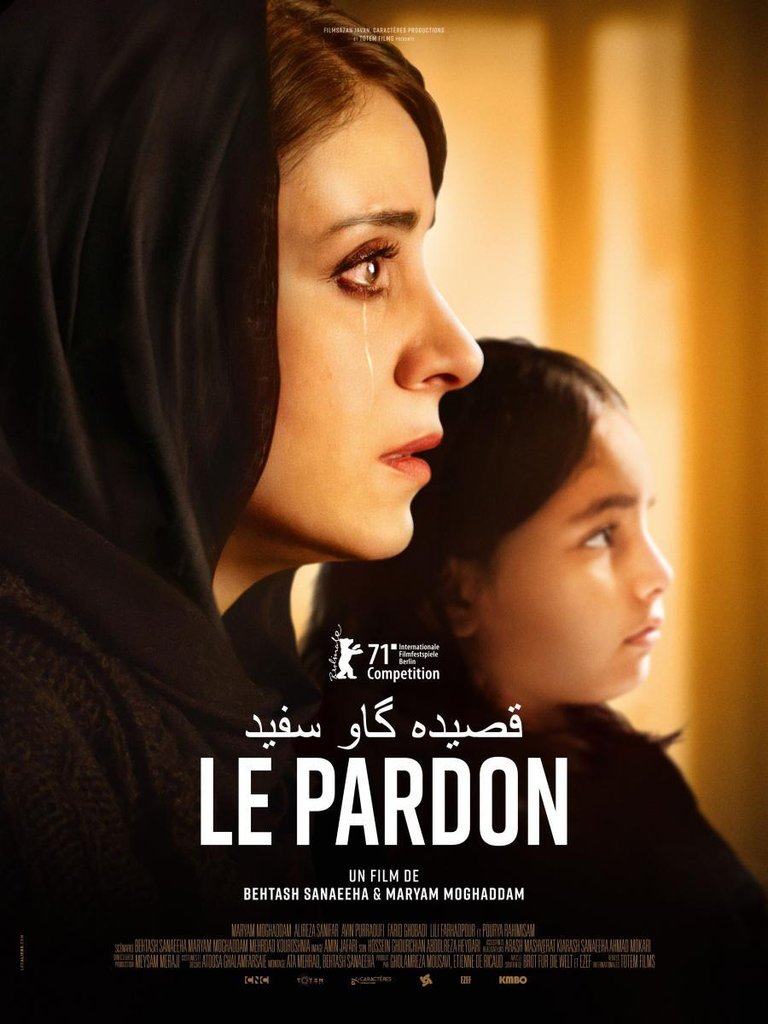
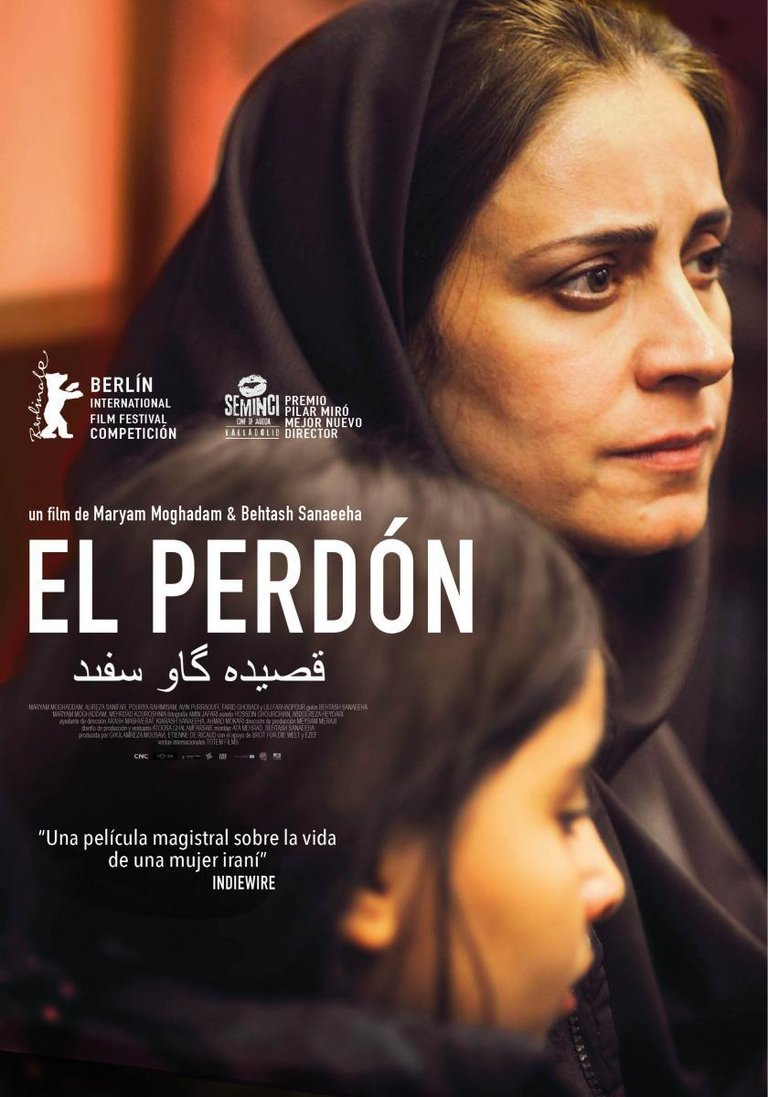
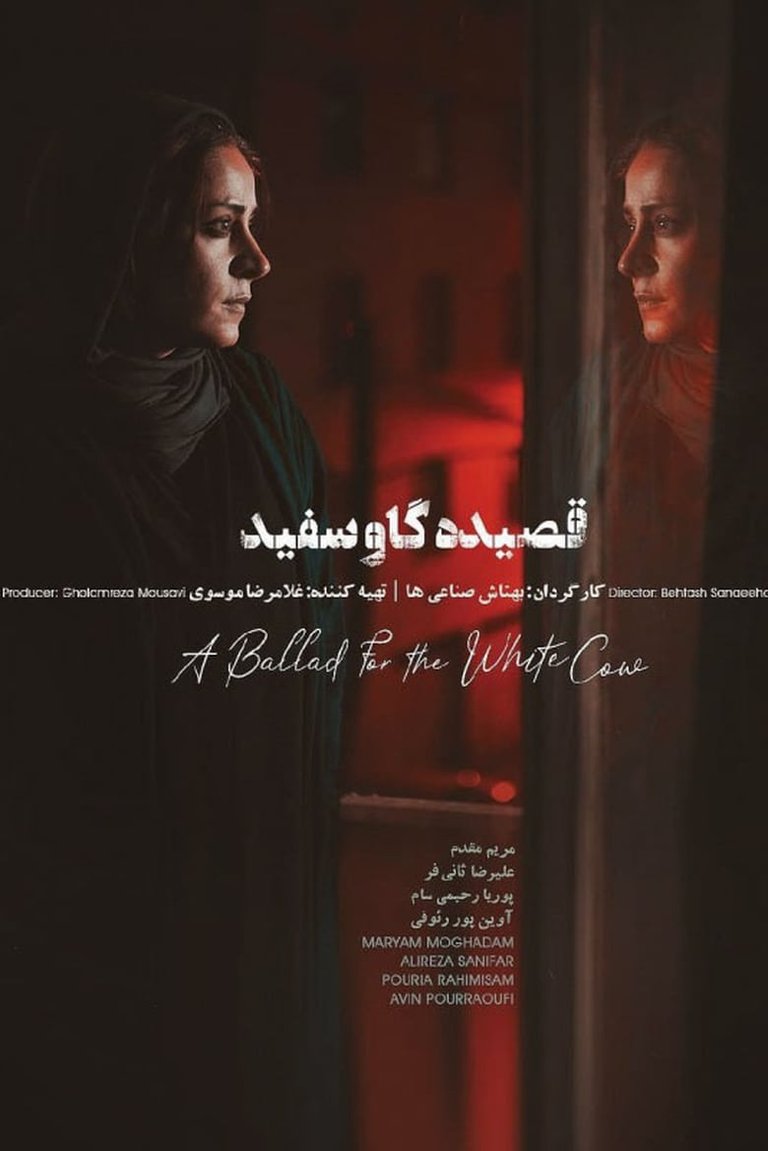
El nombre de esta película me intrigó y lo hizo aún más todas las interrogantes que planteas, a raíz de una situación tan dolorosa cómo la que se muestra allí. Creo que lo más grave de la muerte de un ser querido, en las condiciones en las que fue la del marido de la protagonista, no es tan dolorosa sólo porque fue acusado y asesinado, sino porque aunque sale a la luz que fue víctima de una injusticia, eso no limpiará del todo su nombre.
La gente siempre durará y la duda no deja descansar en paz ni a la familia ni al difunto. Por supuesto, no sé si es de esta forma en la película o si realmente el dolor es resuelto al final (si algo en esas circunstancias es posible), así que en definitiva tengo que verla. ¡Gracias por tu reseña!
Tienes razón en lo de la duda; mucha gente se queda siempre con la primera impresión, aunque sea la equivocada. Saludos y gracias por leerme.